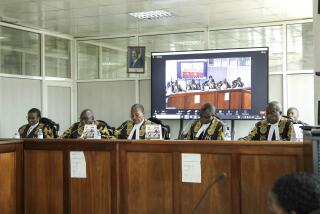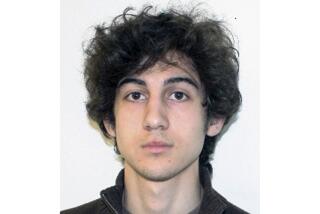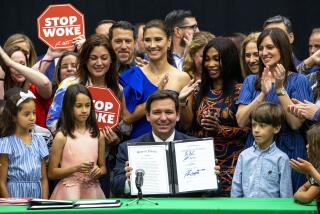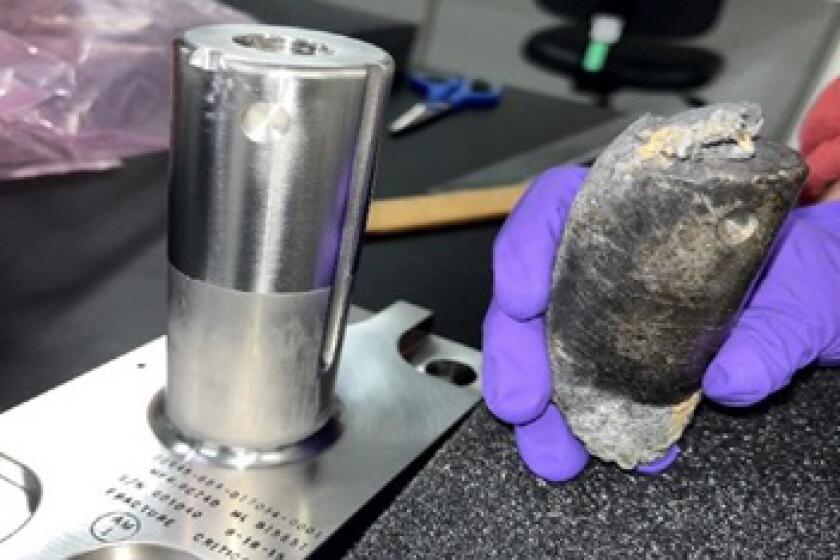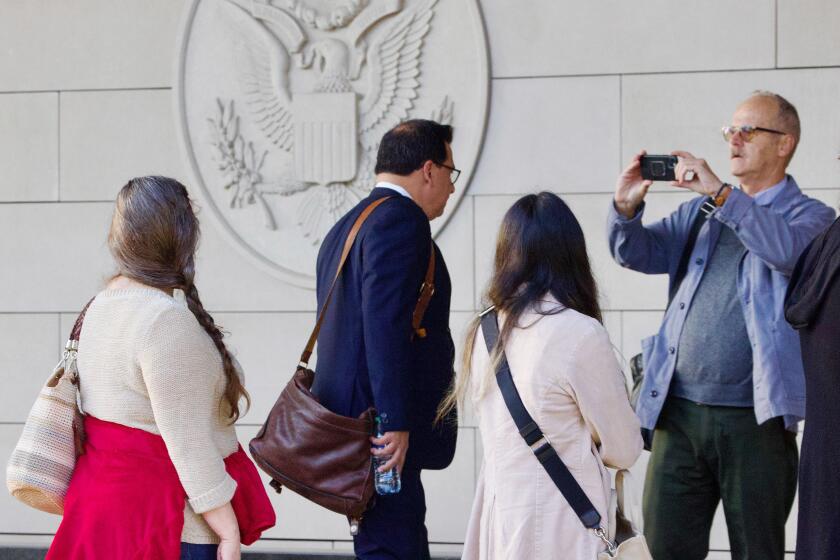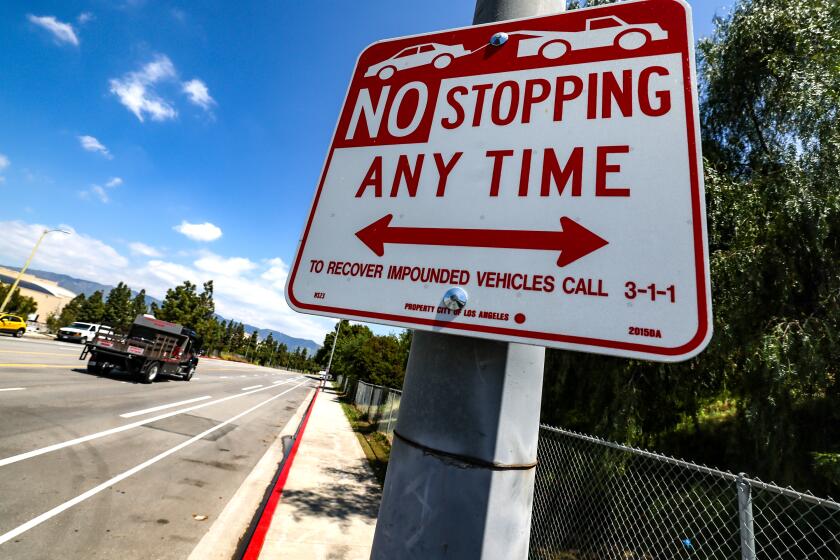Court wrestles with protecting gays from jury exclusion
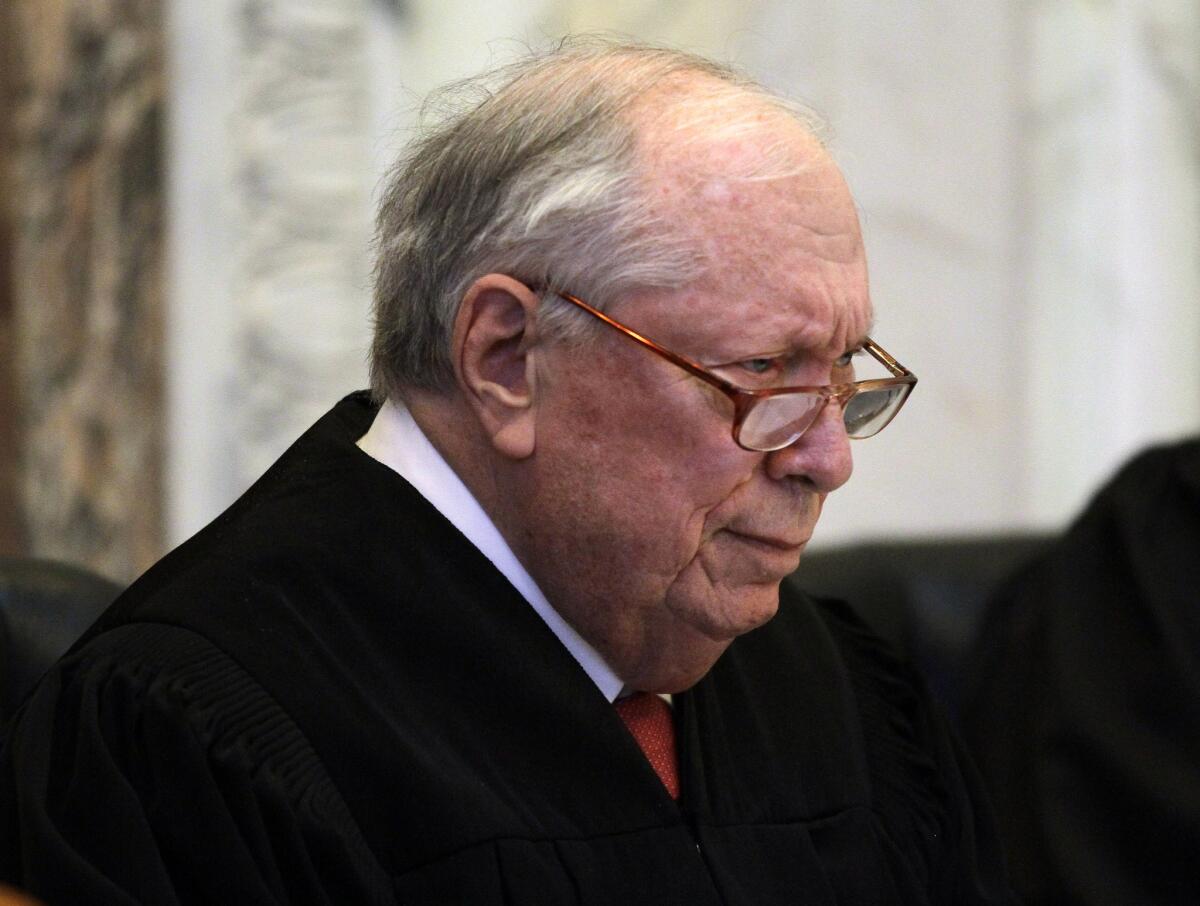
SAN FRANCISCO — A federal appeals court grappled Wednesday with whether a prohibition against excluding jurors because of race or gender should be extended to sexual orientation.
During an hourlong hearing, a three-judge panel of the U.S. 9th Circuit Court of Appeals peppered lawyers with questions about the removal of a gay man during jury selection for an antitrust trial two years ago.
The dispute between Abbott Laboratories and SmithKline Beecham involved Abbott’s price hike for an AIDS drug, which had infuriated the gay community.
An attorney for Abbott used a peremptory challenge to exclude a man who had spoken of his male partner while being questioned for possible placement on the jury.
SmithKline objected to the strike, charging that Abbott did not want gays on a jury. The Abbott attorney denied removing the man because of his sexual orientation and insisted that he did not know whether the prospective juror even was gay.
SmithKline, which was awarded only a tiny fraction of the monetary damages it was seeking, contends the removal of the juror was one of several reasons a new trial should be granted.
“Sexual orientation, like race and gender, is immutable and has nothing to do with a person’s ability to be a juror,” Lisa Blatt, an attorney for SmithKline, told the 9th Circuit.
Judge Stephen Reinhardt, a Carter appointee, said the Abbott lawyer must have known the prospective juror was gay “unless he isn’t very bright.”
Reinhardt also noted that the lawyer failed to provide a non-discriminatory reason for the strike after the trial judge permitted it but gave him an opportunity to explain.
“Is that of no significance?” Reinhardt asked.
Daniel Levin, representing Abbott, said there were valid reasons for striking the man but the attorney did not offer them because the trial judge had already ruled in his favor.
Judge Marsha S. Berzon, a Clinton appointee, said Abbott was asking the panel to “make inferences about what those reasons might have been.”
Although the judges did not clearly indicate how they would rule, they suggested that Supreme Court rulings have given sexual orientation some form of heightened constitutional protection. They also appeared troubled that the Abbott attorney had failed to provide a neutral reason for the exclusion.
The Supreme Court barred removing jurors based on race in 1986 and later extended the prohibition to gender. In California, a law signed in 2000 prevents juror strikes based on sexual orientation in state courts. Attorneys can generally get around the prohibitions by simply giving a non-discriminatory reason.
Thirteen civil rights groups, citing the Supreme Court’s June ruling on same-sex marriage, have urged the 9th Circuit to extend protections to gays in federal jury pools. The 9th Circuit could rule at any time, but such cases generally take months to decide.
More to Read
Start your day right
Sign up for Essential California for news, features and recommendations from the L.A. Times and beyond in your inbox six days a week.
You may occasionally receive promotional content from the Los Angeles Times.
